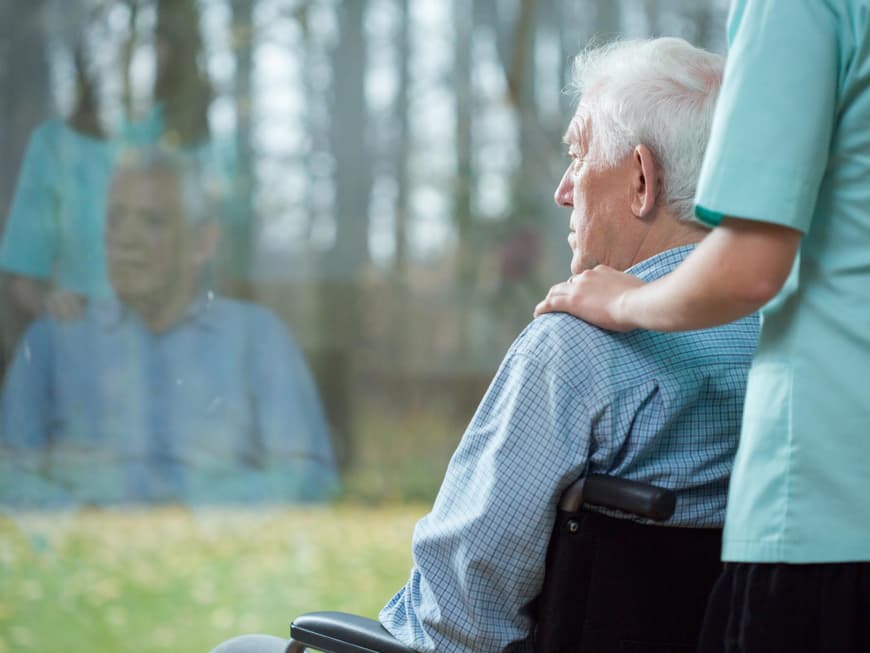

Carers are often dependent on Hartz IV and are constantly on the edge. They are unable to pay anything into their own pension scheme and face an uncertain financial future. Even the care reform at the beginning of the year has not really brought any improvement: carers still receive far too little and are not adequately protected in old age. However, they do not have to bear their worries alone. Various associations are there to support them, such as "wir pflegen e. V.", a nationwide advocacy group that campaigns for more recognition, more support and financial security for family carers.
What problems do carers face?
"Apart from lack of money, it's emotional and physical overload and a lack of information. Organizing care at home - coordinating with employers, applying for assistance, structuring everyday life and dealing with bureaucracy - takes a lot of time and energy. Independent contact points and advice at home are therefore important."
Where can family caregivers get support?
"At local care support centers, social associations, consumer advice centers, local authority care advice centers or the care insurance fund. The advisors will also come to the family's home on request. However, the best support is the exchange with other people affected. They often have more valuable tips than professional helpers."
How does the initiative help combat poverty through care?
"Together with those affected, we take the issue to the media and the public and make demands on politicians. We offer a lot of important background information on our website."
What state benefits are available for carers?
"People in need are entitled to care allowance depending on their care level. Applications are submitted to the care insurance fund. Relatives receive pension and unemployment contributions above a certain level of care hours and are insured against accidents. Relief, for example in the event of illness, is provided by respite and short-term care."
What costs do relatives have to expect?
"Care insurance benefits only cover a third of the costs. The main burden of care financing is borne by families. If you take into account the average duration of care of nine years, this is one reason for the spiral of poverty for many caring families."
What to do if the health insurance fund doesn't pay for services?
"The only way is to appeal. It's a bureaucratic hurdle that takes a lot of effort, but is often successful. Many relatives use their membership of social associations to assert their rights."
What can carers do for themselves to cope with the emotional strain?
"It is important to know, apply for and make use of the relief and support options. Many people find it helpful to talk to others who are equally affected. Online services and a social network are important here, especially because it's often hard to get out the door in the current care situation."
